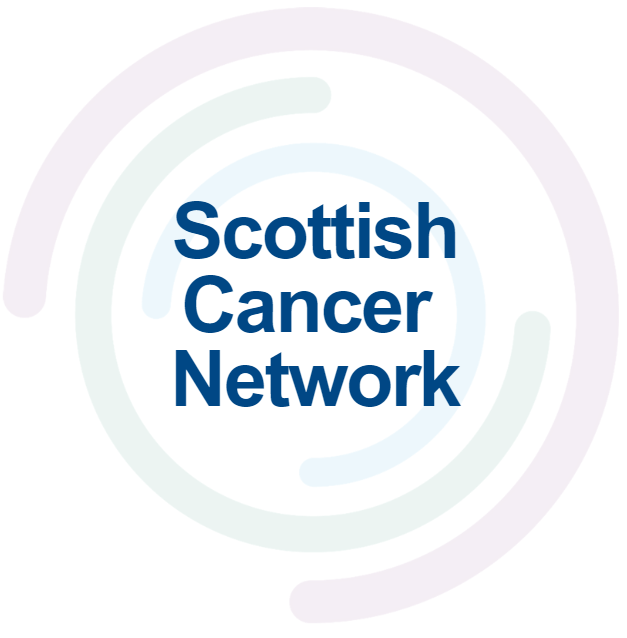The Diagnostic and Statistical Manual (DSM5) defines insomnia as a predominant complaint of dissatisfaction with sleep quantity or quality, associated with one (or more) of the following symptoms: difficulty initiating sleep, difficulty maintaining sleep and/or early-morning awakening with inability to return to sleep. Difficulty must occur at least 3 nights per week for a duration of at least 3 months, cause clinically significant distress or impairment in social, occupational, educational, academic, behavioural, or other important areas of functioning. It should not be better explained by another sleep-wake, mental or medical disorder, must occur despite adequate sleep opportunity and should not be attributable to the physiological effects of a substance.
Insomnia

Insomnia is common in cancer and is associated with poor physical health and psychological comorbidity1-3. Cancer diagnosis is a recognised risk factor for insomnia, with reported prevalence estimates in breast cancer patients of 8% prior to diagnosis and 50% following diagnosis4. If left untreated, insomnia persists throughout cancer treatment and rehabilitation4, impairing quality of life3, mental and physical wellbeing1,5 and adherence to adjuvant treatments6-8.
In the absence of Scotland specific advice, NICE provides useful guidance. These recommend that acute insomnia (duration < 3 months) is treated with sleep hygiene advice. If sleep hygiene is unsuccessful or insufficient, Cognitive Behavioural Therapy for insomnia (CBTi) should be initiated. A short course (3-7 days) of a non-benzodiazepine hypnotic medication (z-drug) may be considered for acute insomnia, but not for longer than 2 weeks.
NICE guidelines recommend that persistent insomnia (duration of > 3 months) is treated with CBTi as the first-line treatment in adults of any age. It can be provided face-to-face or digitally. Pharmacological therapy should be avoided in the management of persistent insomnia.
Could also suggest Sleepio.com (evidence-based website which patients have free access to).
The Centre for Sleep Health at the University of Strathclyde offers an accredited 2-day CPD masterclass in CBTi. Topics covered include sleep-wake regulation, introduction to insomnia disorder, assessment of insomnia and screening for other sleep disorders, objective measurement of sleep, sleep hygiene, sleep restriction therapy, stimulus control therapy and cognitive therapy. If you would like to find out more about this training, access the website here or email centreforsleephealth@strath.ac.uk.
- Fernandez-Mendoza, J. and A.N. Vgontzas, Insomnia and its Impact on Physical and Mental Health. Current Psychiatry Reports, 2013. 15(12).
- Haque, R., et al., Insomnia and Susceptibility to Depressive Symptoms and Fatigue in Diverse Breast Cancer Survivors. J Womens Health (Larchmt), 2020.
- Mokhatri-Hesari, P. and A. Montazeri, Health-related quality of life in breast cancer patients: review of reviews from 2008 to 2018. Health Qual Life Outcomes, 2020. 18(1): p. 338.
- Fleming, L., et al., Insomnia in breast cancer: a prospective observational study. Sleep, 2019. 42(3).
- Reynolds-Cowie, P. and L. Fleming, Living with persistent insomnia after cancer: A qualitative analysis of impact and management. Br J Health Psychol, 2021. 26(1): p. 33-49.
- Fleming, L., et al., The impact of medication side effects on adherence and persistence to hormone therapy in breast cancer survivors: A quantitative systematic review. Breast, 2022. 64: p. 63-84.
- Ibrar, M., et al., Breast Cancer Survivors’ Lived Experience of Adjuvant Hormone Therapy: A Thematic Analysis of Medication Side Effects and Their Impact on Adherence. Frontiers in Psychology, 2022. 13.
- Peddie, N., et al., The impact of medication side effects on adherence and persistence to hormone therapy in breast cancer survivors: A qualitative systematic review and thematic synthesis. The Breast, 2021. 58: p. 147-159.


